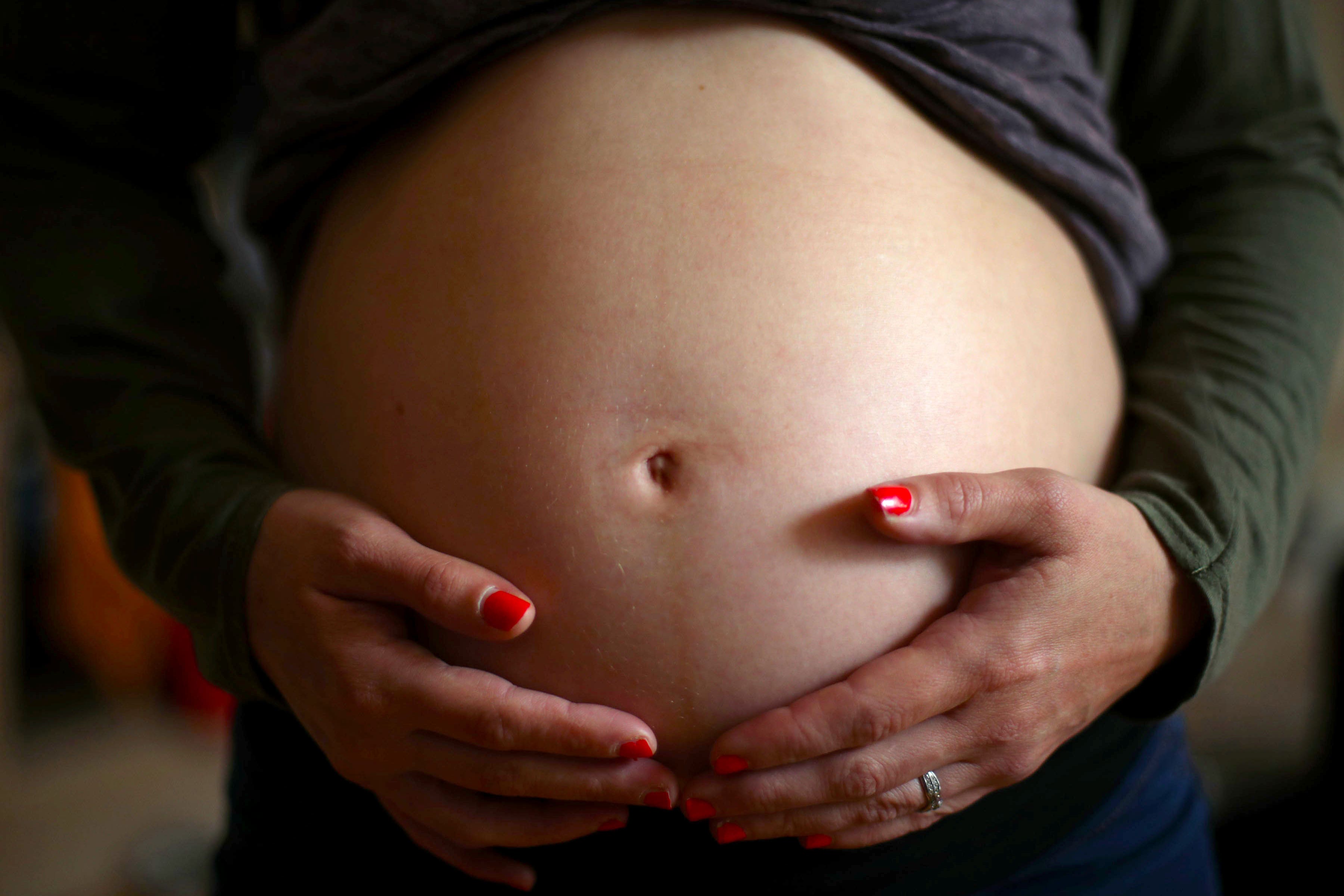Hepatitis B transmission from mothers to babies ‘eliminated in England’
The UK Health Security Agency said progress had been made on tackling the viral infection.

Your support helps us to tell the story
From reproductive rights to climate change to Big Tech, The Independent is on the ground when the story is developing. Whether it's investigating the financials of Elon Musk's pro-Trump PAC or producing our latest documentary, 'The A Word', which shines a light on the American women fighting for reproductive rights, we know how important it is to parse out the facts from the messaging.
At such a critical moment in US history, we need reporters on the ground. Your donation allows us to keep sending journalists to speak to both sides of the story.
The Independent is trusted by Americans across the entire political spectrum. And unlike many other quality news outlets, we choose not to lock Americans out of our reporting and analysis with paywalls. We believe quality journalism should be available to everyone, paid for by those who can afford it.
Your support makes all the difference.Hepatitis B transmission from mothers to babies has been eliminated in England, according to the World Health Organisation (WHO).
The UK Health Security Agency (UKHSA) said progress had been made on tackling the viral infection, which can cause serious liver damage, cancer and death if left untreated.
A six-in-one vaccine, which offers protection against hep B, is offered to all babies on the NHS when they are eight, 12 and 16 weeks of age.
The UKHSA said uptake of this jab remained high, but called for more adults at higher risk of hep B to come forward for a jab.
An estimated 206,000 people are living with chronic hep B infection in England.
Most of the cases are among migrants who have acquired the infection overseas before coming to the UK.
Communities at higher risk of getting the infection in the UK include people who inject drugs, gay, bisexual and men who have sex with men, sex workers and people in prisons or immigration detention centres.
One of the most common routes of infection globally is from women to their babies during birth.
Since the late 1990s, all pregnant women in England have been offered an antenatal blood test for hep B.
Around 2,000 women every year test positive for hep B in England and their babies are offered the hep B vaccine from birth.
According to WHO, the elimination target is that less than 2% of babies born to hep B positive mothers go on to develop the infection themselves.
UKHSA data shows the figure for England currently stands at 0.1%.
We are paving the way for the elimination of hepatitis B and C, with England set to be one of the first countries in the world to wipe out these viruses
Dr Sema Mandal, deputy director for blood-borne viruses at the UKHSA, said many people were unaware they have hep B – or another type of hepatitis, hep C – “because the viruses can be symptomless”.
Almost 90% of hep C cases in the UK occur in people who inject drugs or have injected them in the past.
She said: “We continue to urge all those who have ever injected drugs, gay, bisexual and men who have sex with men, sex workers and people who have immigrated to the UK from countries where hepatitis B or C is common to come forward for free testing, treatment or hepatitis B vaccination.”
Health and Social Care Secretary Steve Barclay said: “We are paving the way for the elimination of hepatitis B and C, with England set to be one of the first countries in the world to wipe out these viruses.”